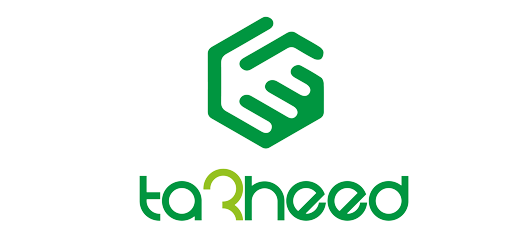Mexico and the Philippines are the most prominent.. Multiple regulatory frameworks for the outsourcing industry, but the content is one

The names are many, but the content is one. This phrase can summarize the experiences of a number of leading countries in regulating and regulating the business process outsourcing (BPO) industry around the world, most notably the Philippines and Mexico.
It is known that the regulatory frameworks for any industry, including outsourcing, differ from one country to another according to its geographical location, economic conditions, and the nature of the work environment within it.
The legal rules regulating the outsourcing services industry are a fundamental pillar to ensure that companies comply with the required ethical standards and quality specifications, especially since the outsourcing activity requires a strong legal framework to address the complexities involved in trade agreements, international policies and privacy laws.
This legal compliance also extends to cover how to manage risks and confront potential cyber threats to maintain the confidentiality of customer data.
The outsourcing bulletin monitored the experiences of the most prominent global experiences that have a legal and regulatory framework to control the outsourcing services market
1- Mexico
Under the amendments made by the Mexican government to the legal regulations governing the work of outsourcing service providers in 2021, companies or institutions are prohibited from outsourcing any of their core activities such as production operations to a third party in order to prevent them from avoiding work responsibilities.
The government seeks to implement these legislative reforms to preserve workers’ rights and change how companies deal with subcontracting operations in the country.
On the other hand, the law also limits the definition of outsourcing to specialized services that are not part of the company’s main economic activities, and requires outsourcing service providers to register with the government to verify the principle of transparency and ensure compliance with the relevant authorities. The law explicitly stipulates the principle of profit sharing between companies and their employees, and employees must have written employment contracts that specify their responsibilities, monthly salaries, and expected benefits, in addition to regulated working hours, as the law specifies work weeks at 48 hours and imposes additional pay for overtime, with severe penalties for any violations.
Employers must adhere to strict termination standards to protect employees from unfair dismissal and provide them with severance pay, in addition to the right of workers to form and join unions to negotiate collective wages and working conditions.
2- Philippines
The outsourcing services sector in the Philippines operates under a strong legal framework specifically designed to protect the rights of both companies and employees.
One of the most prominent of these legislations in the capital, Manila, is Labor Law No. 442 issued by presidential decree, which governs all aspects of employment, including employee rights, working conditions, and dispute resolution, especially since it requires that all employees have written contracts detailing their job roles and wages.
It also requires companies to pay salaries equivalent to 1.5 times the country’s minimum wage and provides additional benefits such as health insurance and paid leave.
In addition, the Special Economic Zone Law of 1995 provides financial incentives to BPO companies operating within the special economic zones, including income tax exemptions and importing equipment without incurring any customs duties.
While the Data Privacy Law of 2012 requires BPO companies to implement strict measures to protect customers’ personal data by requiring them to appoint Data Protection Officers (DPOs) who are responsible for ensuring compliance with the law and managing data breaches.







